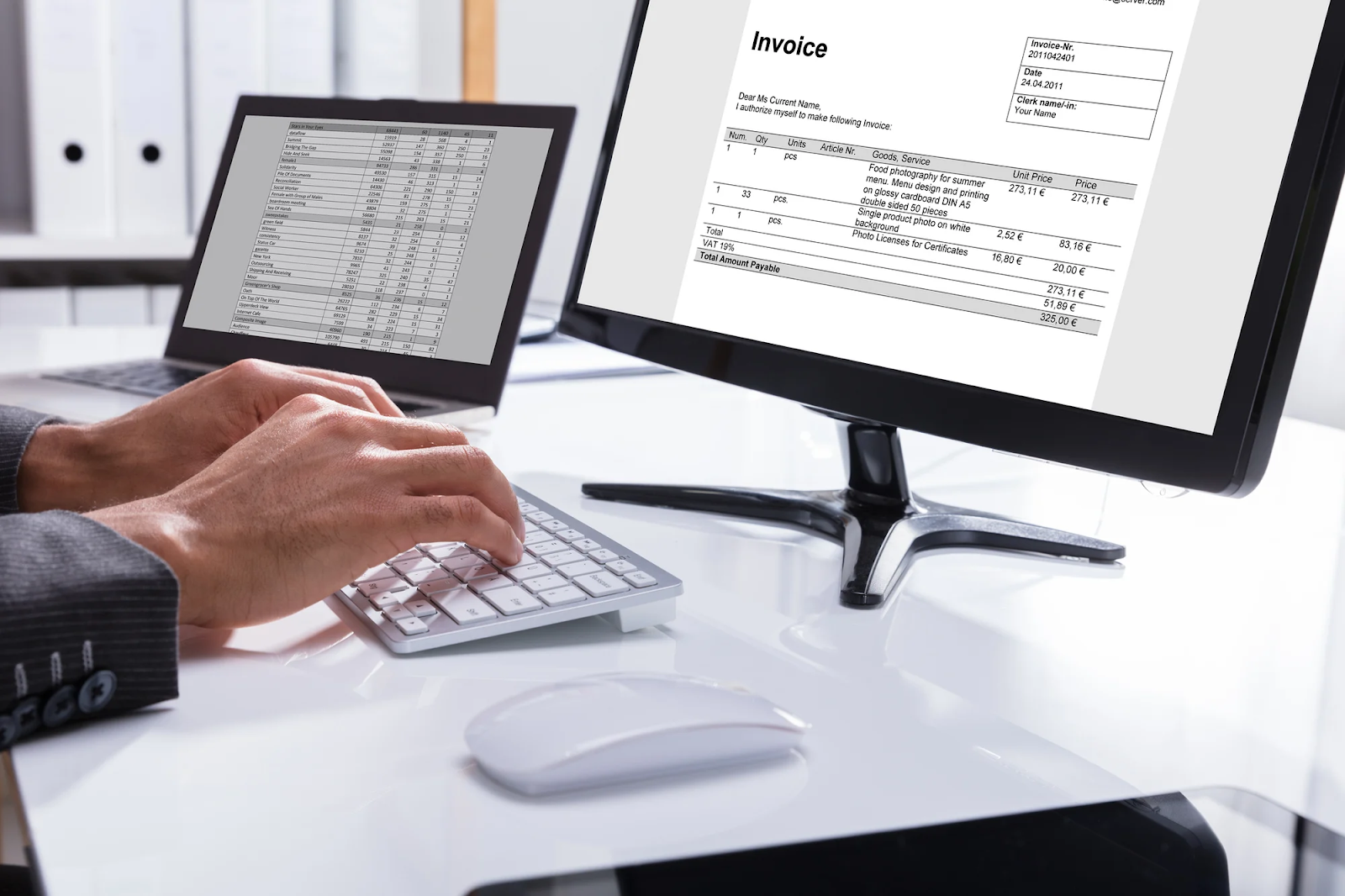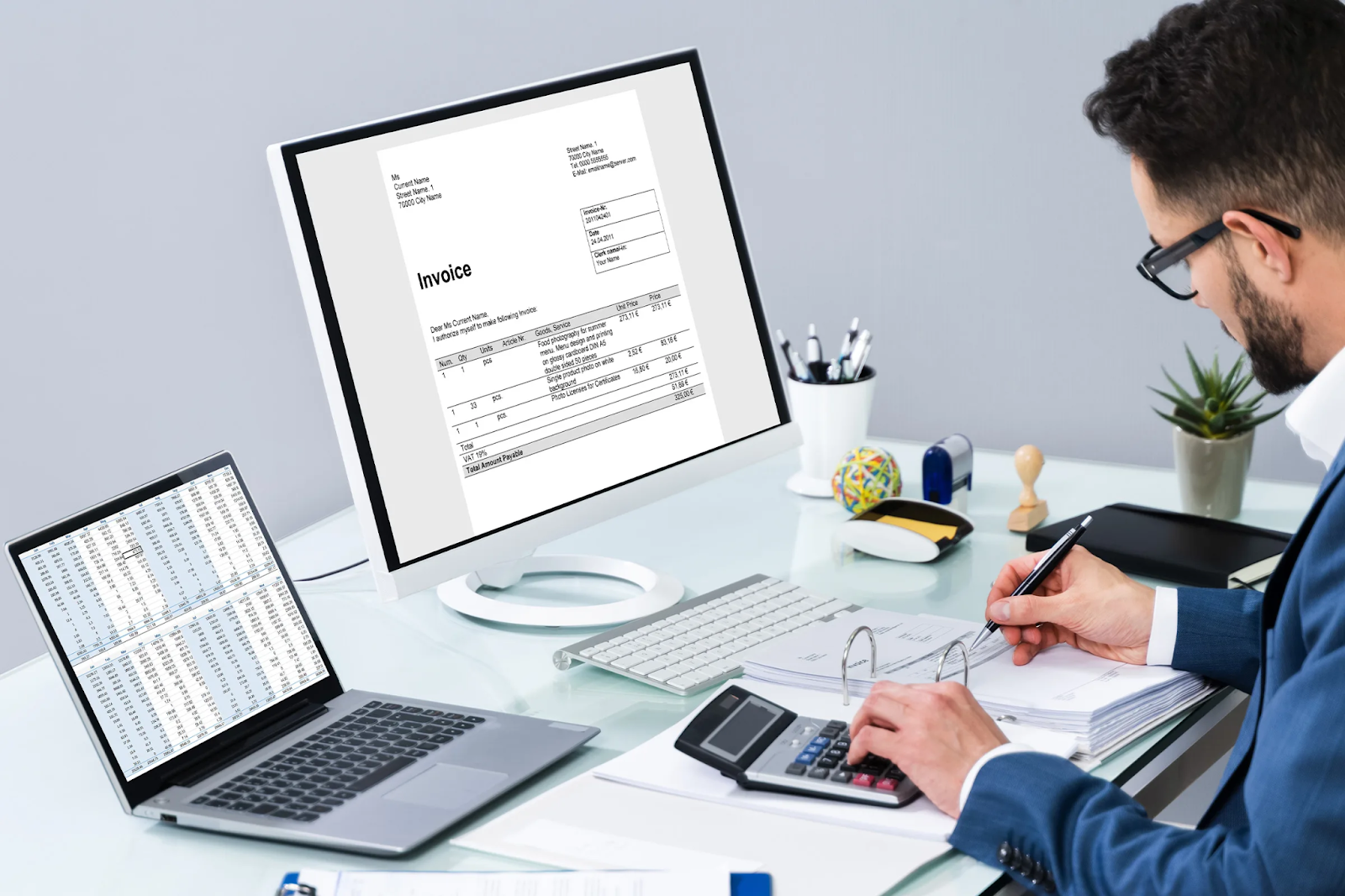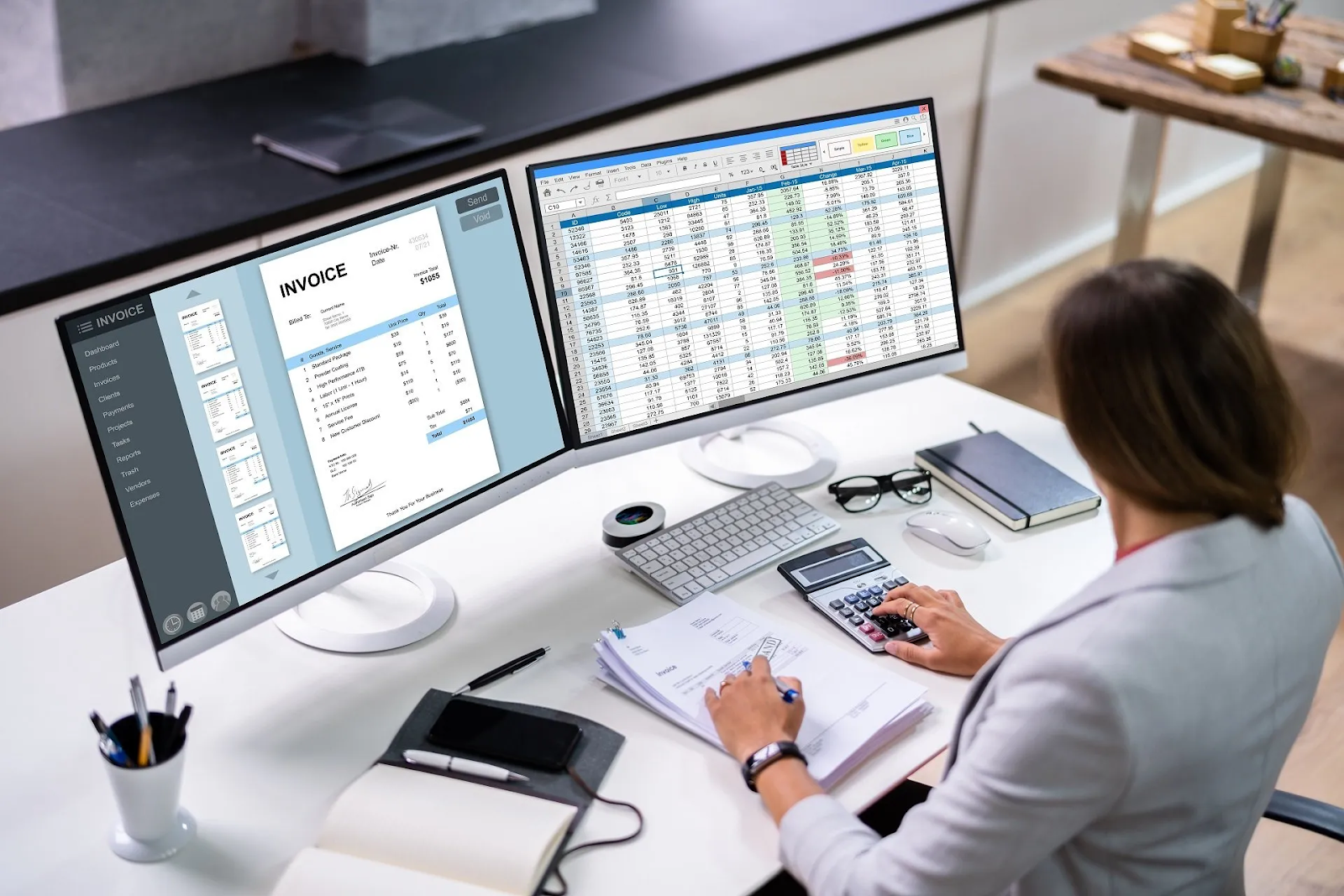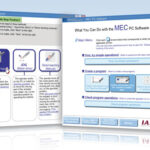Accounting automation is revolutionizing the financial landscape, streamlining tedious, repetitive tasks traditionally handled by accountants. This technology-driven approach uses software to perform key accounting functions, such as data entry, reconciliations, reporting, and tax calculations, freeing up accountants to focus on more strategic work. With its potential to reduce human error, increase productivity, and save costs, accounting automation is reshaping how companies of all sizes manage their finances. This article explores the concept of accounting automation, its benefits, applications, and future trends that could further enhance efficiency in financial management.
1. What is Accounting Automation?

Accounting automation refers to the use of technology to perform accounting tasks that were once done manually. These tasks include, but are not limited to, invoicing, bookkeeping, data entry, bank reconciliation, payroll management, and financial reporting. Accounting automation leverages software platforms with built-in artificial intelligence (AI), machine learning, and robotic process automation (RPA) capabilities to simplify workflows. By eliminating the need for human intervention in routine tasks, automation enables organizations to process financial data more quickly, accurately, and consistently.
Modern accounting automation software integrates seamlessly with Enterprise Resource Planning (ERP) and Customer Relationship Management (CRM) systems, enhancing data flow across departments and ensuring that financial records remain up-to-date. Popular accounting platforms, such as QuickBooks, Xero, and FreshBooks, are already incorporating automation features that streamline financial processes for businesses.
2. Key Benefits of Accounting Automation

Implementing accounting automation offers several advantages for organizations, from reducing costs to enhancing data accuracy. Here are some of the primary benefits of adopting automation in accounting:
a. Time Savings
Manual accounting is often time-consuming, especially for tasks like data entry, reconciling accounts, and generating financial statements. With automation, these tasks can be completed within minutes rather than hours. This time-saving advantage allows accountants to shift their focus from routine tasks to value-added activities, such as financial analysis and strategic planning, ultimately improving overall productivity.
b. Cost Efficiency
Accounting automation reduces the need for extensive labor in handling repetitive tasks. Businesses can either downsize their accounting team or allow team members to take on more strategic roles, which can lower operational costs. By reducing errors, automation also minimizes the risk of costly financial mistakes and audit-related issues.
c. Enhanced Accuracy and Reduced Errors
Errors in financial data entry can lead to significant financial consequences. Accounting automation reduces the risk of human errors by following strict predefined rules and procedures. This improved accuracy is especially critical during tasks like tax calculation, where inaccuracies can lead to penalties. Additionally, automation improves data consistency, as it standardizes processes across all accounting functions.
d. Real-Time Financial Insights
With automation, companies can access real-time financial data and analytics, giving them an up-to-date understanding of their financial health. This advantage is particularly valuable for decision-makers, who can use accurate data to make informed financial decisions. Real-time insights help companies identify trends, track performance, and anticipate potential challenges, enabling them to respond proactively.
e. Improved Compliance and Audit Readiness
Accounting automation can simplify compliance with regulatory standards by automatically updating tax codes, tracking changes in financial regulations, and generating required documentation. Automated systems can also provide an audit trail, ensuring that records are easily accessible and transparent. This feature not only ensures compliance but also makes auditing faster and more efficient.
3. Key Applications of Accounting Automation
Accounting automation can be applied to a wide range of tasks in financial management, transforming every area from invoicing to tax preparation. Here are some common applications:
a. Bookkeeping and Data Entry
Bookkeeping often requires the repetitive task of entering financial data into accounting systems. Automation tools can handle this by importing transaction data directly from bank feeds or invoices, eliminating the need for manual input. This feature is especially useful for businesses with high transaction volumes, as it saves time and reduces the likelihood of data entry errors.
b. Invoicing and Accounts Receivable Management
Automated invoicing tools streamline the billing process by automatically generating and sending invoices to clients based on preset rules. For example, an automated system can send recurring invoices to subscription customers or follow up on overdue accounts by sending reminder emails. This ensures timely payments, improves cash flow, and minimizes the risk of late payments.
c. Accounts Payable and Vendor Management
Automation can manage accounts payable by processing invoices from suppliers, matching them to purchase orders, and authorizing payments once approved. Additionally, automation can schedule payments to ensure they’re made on time, preventing late fees and maintaining good relationships with vendors. Automation tools can also provide insights into vendor performance and spending patterns, helping companies make informed procurement decisions.
d. Bank Reconciliation
Reconciling bank statements with internal records is one of the most time-consuming tasks in accounting. Automation tools can automatically match bank transactions with recorded transactions, identifying discrepancies for quick review. This automation speeds up the reconciliation process and reduces errors, ensuring that financial records are accurate and up-to-date.
e. Payroll Processing
Payroll management requires careful attention to detail, as errors can result in unhappy employees or legal issues. Automated payroll systems handle calculations, deductions, tax withholdings, and other requirements to ensure accurate payments. Automation also simplifies payroll tax filings by generating required forms and submitting them to the appropriate authorities.
f. Financial Reporting and Analysis

Generating financial reports manually can be a lengthy process. Automation software can generate detailed financial reports, such as income statements, balance sheets, and cash flow statements, at the click of a button. Some platforms even offer advanced analytics and visualizations, providing valuable insights into financial performance. These insights can be used for budgeting, forecasting, and strategic planning.
g. Tax Preparation and Compliance
Automation plays a critical role in tax preparation, ensuring compliance with tax regulations. By automatically categorizing expenses, applying the correct tax codes, and generating necessary forms, automated systems reduce the risk of errors and late filings. Many automated tax tools also update in real-time to reflect changes in tax laws, keeping companies compliant with minimal effort.
4. Future Trends in Accounting Automation

As technology advances, accounting automation is expected to become even more sophisticated. Here are some emerging trends that could shape the future of accounting:
a. Artificial Intelligence (AI) and Machine Learning (ML)
AI and ML are bringing intelligence to accounting automation by allowing software to learn from past data and make predictions. These technologies can assist in more complex accounting tasks, such as fraud detection, anomaly recognition, and trend analysis. By detecting patterns in large datasets, AI-powered accounting systems can identify potential risks and opportunities, helping businesses optimize their financial strategies.
b. Blockchain Technology
Blockchain technology promises to bring transparency and security to financial transactions. By creating a decentralized ledger, blockchain can reduce fraud and enhance traceability in financial records. Although it is still an emerging technology in the accounting field, blockchain has the potential to automate audits, enhance data security, and make financial reporting more transparent and trustworthy.
c. Robotic Process Automation (RPA)
RPA takes accounting automation a step further by enabling software robots, or “bots,” to perform complex workflows across multiple platforms. For instance, an RPA bot could collect data from various sources, process invoices, reconcile accounts, and generate reports. RPA can integrate with different software systems, ensuring a seamless flow of data across departments.
d. Natural Language Processing (NLP)
Natural language processing allows software to understand and interpret human language, which can be particularly useful in accounting for extracting data from unstructured documents, such as emails or scanned invoices. By enabling automated systems to interpret text, NLP could streamline data extraction and improve document management.
e. Cloud-Based Accounting Solutions
Cloud-based accounting automation offers flexibility, scalability, and security. As more companies adopt remote work and cloud computing, cloud-based accounting automation solutions enable teams to collaborate and access financial data from anywhere. These solutions also reduce the need for costly IT infrastructure, making automation accessible to smaller businesses.
Conclusion
Accounting automation is transforming the traditional accounting landscape by streamlining tasks, enhancing accuracy, and providing real-time insights. From bookkeeping and invoicing to compliance and payroll, automation simplifies a broad range of accounting functions, allowing accountants to focus on strategic tasks and data-driven decision-making. The benefits of accounting automation, such as time and cost savings, improved accuracy, and real-time data, make it an essential tool for modern businesses aiming to improve their financial efficiency and resilience.
As AI, machine learning, blockchain, and RPA technologies continue to advance, accounting automation is set to become even more integral to financial management. These innovations promise to make accounting processes more intelligent, secure, and accessible, offering exciting opportunities for businesses to leverage financial data more effectively. With accounting automation, companies of all sizes can enhance their financial management practices, reduce operational risks, and position themselves for sustainable growth in an increasingly competitive marketplac










